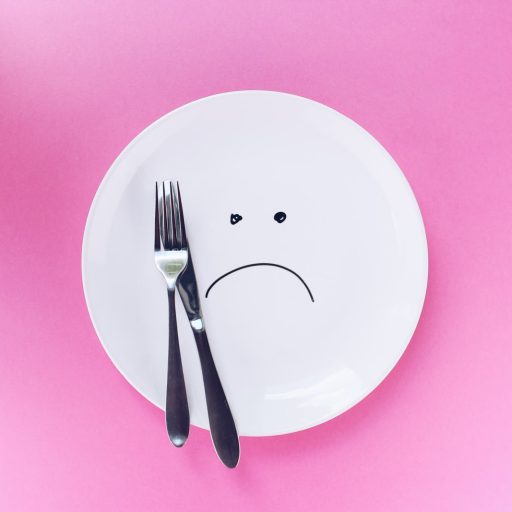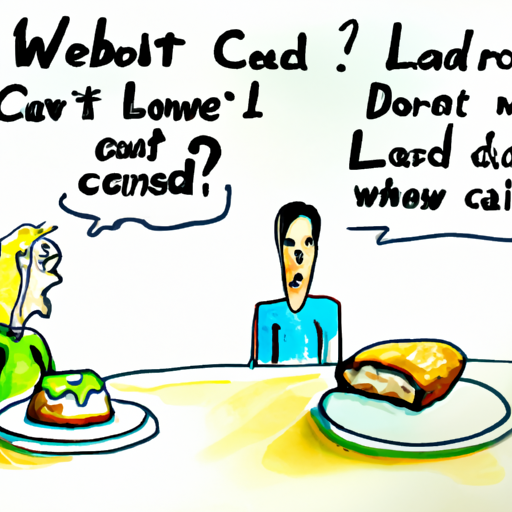We hear about weight-loss, how to eat healthier, and all forms of exercise, but not often is there debate on the dangers of extreme diets. This article discusses the dangers of some common weight-loss diets such as grapefruit diet, Master Cleanse Diet and many more.
How Does Your Body & Health Respond to Extreme Diets?
Extreme diets can be harmful to your health because they don’t take into account the body’s natural hunger and satiety cues. Your body will go into starvation mode and burn more calories than it would on a regular diet.
This can lead to weight loss in the short-term, but it can also cause health problems in the long-term. These problems include increased risk of heart disease, stroke, and diabetes. It’s important to understand how your body reacts to an extreme diet before you try one out, so you can make healthy choices for your health.
What are the Symptoms of an Eating Disorder?
Eating disorders can have a very serious impact on a person’s health, both physically and mentally. Some of the most common symptoms of an eating disorder are extreme weight loss or weight gain, psychological disturbances, and disturbed relationships with food.
If you notice any of the following symptoms in yourself or someone you know, it’s important to seek professional help:
- Frequent thoughts of food or eating even when not hungry
- Brutal self-criticism over one’s body shape
- Disordered eating patterns
- Fear of gaining weight or being overweight
- Persistent dieting despite lack of success
- Messy eating habits, including vomiting after meals
- Sleeping excessively around food
- Disturbed body image
- An intense feeling of guilt or shame about one’s eating habits
- Self-imposed isolation from family, friends or social settings
- …
If you think you may have an eating disorder, don’t wait to seek help. There are many resources available to help you get started.
Why do people become obsessed with food and weight?
Extreme diets, or so called “clean eating” regimes, are all the rage right now. The idea is that by depriving your body of some types of food, you can lose weight and improve your health. But is this really true? Surprisingly, research shows that extreme diets can actually be harmful to your health. Here’s why:
- They can lead to weight gain. Research has consistently shown that people who follow extreme diets tend to gain more weight than those who don’t. This is because these diets are typically high in calories and low in nutrients, which can cause you to store more energy in your body (i.e. you might become overweight). In addition, these diets can also cause you to lack important vitamins and minerals, which can lead to deficiencies.
- They can cause nutritional deficiencies. Extreme diets are often low in key nutrients such as protein, omega-3 fatty acids, and antioxidants, which can cause nutritional deficiencies.
- Nutritional deficiencies can lead to a host of problems such as chronic diseases (like heart disease), poor mental health, and reduced energy levels.
- They can make it harder to lose weight permanently. Many people find it very challenging to lose weight on diets that don’t provide enough nutrition. On top of losing weight, they will also experience increased hunger pangs and cravings for unhealthy snacks that they may have previously limited or avoided while dieting. These diet programs also tend to make it unrealistic to maintain your current fitness level after you stop following them. As a result, once the diet program is over and you go back to your natural daily eating habits, you are more likely than ever to regain the weight you lost as well as all of the weight that’s been accumulated over time without even trying!
- 4.They can be stressful and mentally upsetting for some people. Extreme diets can be stressful because they suggest you cut calories down like one would cut off an arm.

Understand Your Body
When it comes to dieting, people can go either way. Some stick to healthy habits and eat balanced meals while others Jump on the “extreme” bandwagon and go from losing weight to starving themselves.
This type of dieting isn’t always healthy for you and can even be harmful if you don’t know what you’re doing.
The extremes of diets typically have one common denominator: restriction. Restricting your caloric intake to extremely low or high levels often results in significant weight loss or gain respectively. These diets often hinge on the notion that by restricting calorie intake, you will stimulate your body into burning more calories, resulting in weight loss or the reversal of a weight gain trend.
There are several problems with this reasoning:
- While it is true that certain foods (like sugary drinks) can provide a lot of calories in a short period of time, most people burn more calories during the day than they consume. Plus, if you cut back on overall caloric intake by eating less food across the board, you’ll likely lose weight even if some of those calories come from high-fat sources like bacon.
- While it might seem counter intuitive, eating less doesn’t ensure you get to eat more. One study compared a low-calorie diet with a calorie restricted low-fat diet in people who needed to lose significant amounts of weight. They found that over the course of weight loss, both groups lost about 4kg (10 lbs.), but gained slightly different amounts of fat vs. their starting point. Eating modest amounts of whatever foods are left will allow you to stay satisfied longer on the plan and get the benefits of eating out at meals.
Getting started is different for every person; follow your instinct until you find what works for you. Then change it up! Excitement should never become routine: Re-evaluate your progress often, so it’s exciting to see it go down/



